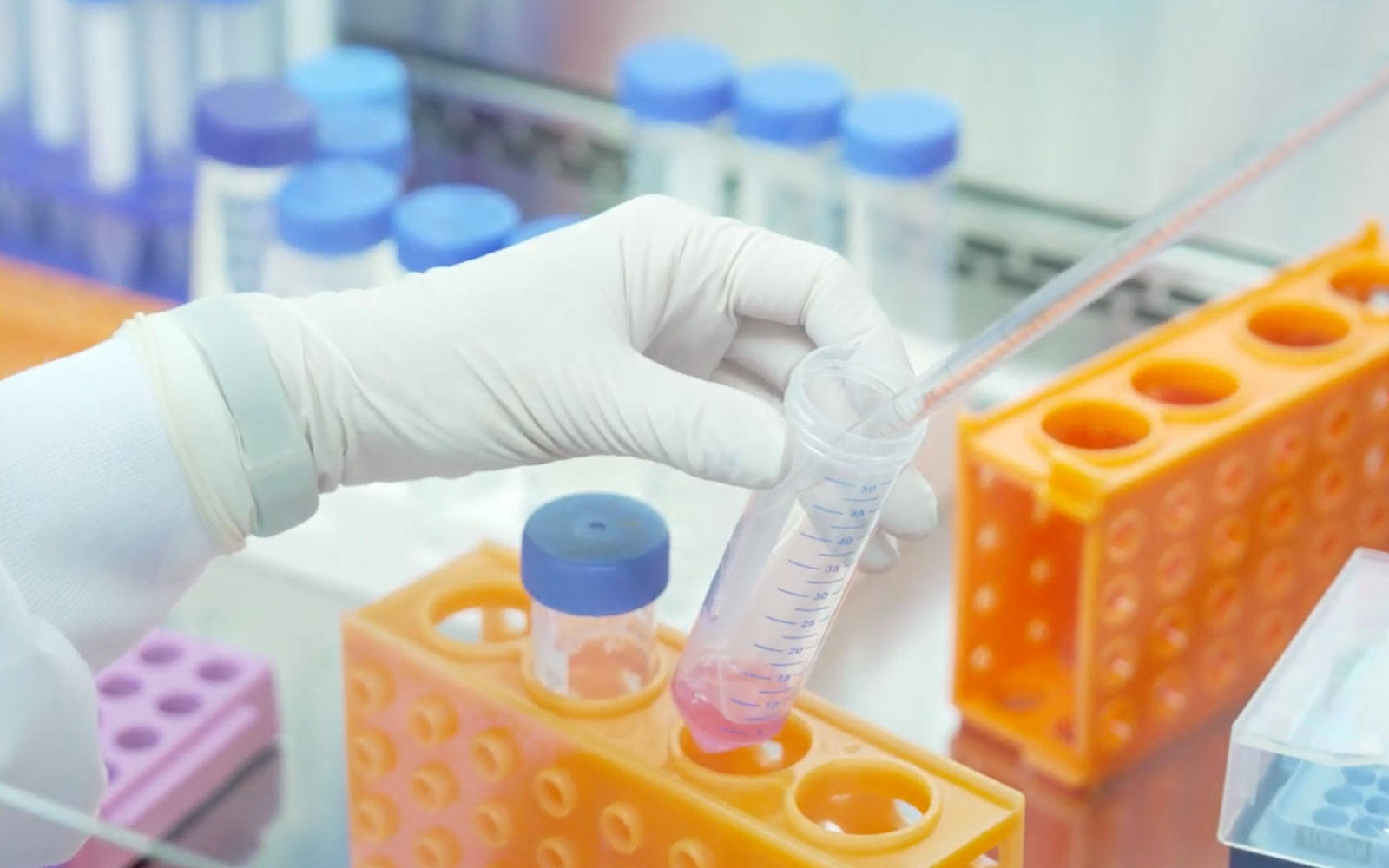Sheffield-based Rinri Therapeutics, supported by the Innovate UK Biomedical Catalyst, is developing a therapy to treat sensorineural hearing loss, which could reconnect millions of people worldwide with their families, friends and communities.
The challenge
Hearing loss is the most common sensory disability worldwide and incidence increases with age. Around 90% of all hearing loss is caused by the death or damage to the sensory cells in the cochlea; auditory neurons and hair cells. This is known as sensorineural hearing loss and is the focus of Rinri’s work.
Hearing loss has profound effects on patients’ lives. It isn’t life limiting, but it can lead to patients feeling isolated from those around them and wider society. Currently the only options for patients are medical devices; hearing aids and cochlear implants. While they can be effective, they treat the symptoms of hearing loss not the underlying causes.
The solution
There are two main cell types in the inner ear, which transfer sound to the brain. Hair cells perceive sound and convert the mechanical signal from their movement into an electrical signal. These signals are then transmitted to the brain via neurons (nerve cells).
Rinri is developing a replacement cell therapy for people who have either lost those neurons or the ones they have aren’t working as they should. It is hoped that these regenerated neurons will restore hearing for millions of people who lack auditory neuron function because of age or conditions such as auditory neuropathy spectrum disorder.
The impact of Innovate UK funding
Dr Simon Chandler, CEO of Rinri Therapeutics, said:
Innovate UK funding and support had a catalysing effect on Rinri, moving it from a small biotech in Shefield to one which is operating on a global scale. It enabled us to engage with significant expertise within the UK and allowed us to network internationally.
“The exciting thing about Rinri is that there’s a genuine opportunity here to transform the way in which hearing loss is treated and transform the way in which patients experience the world around them and transform their quality of life. We are doing work here which has the potential to have a profound impact on a global basis.


